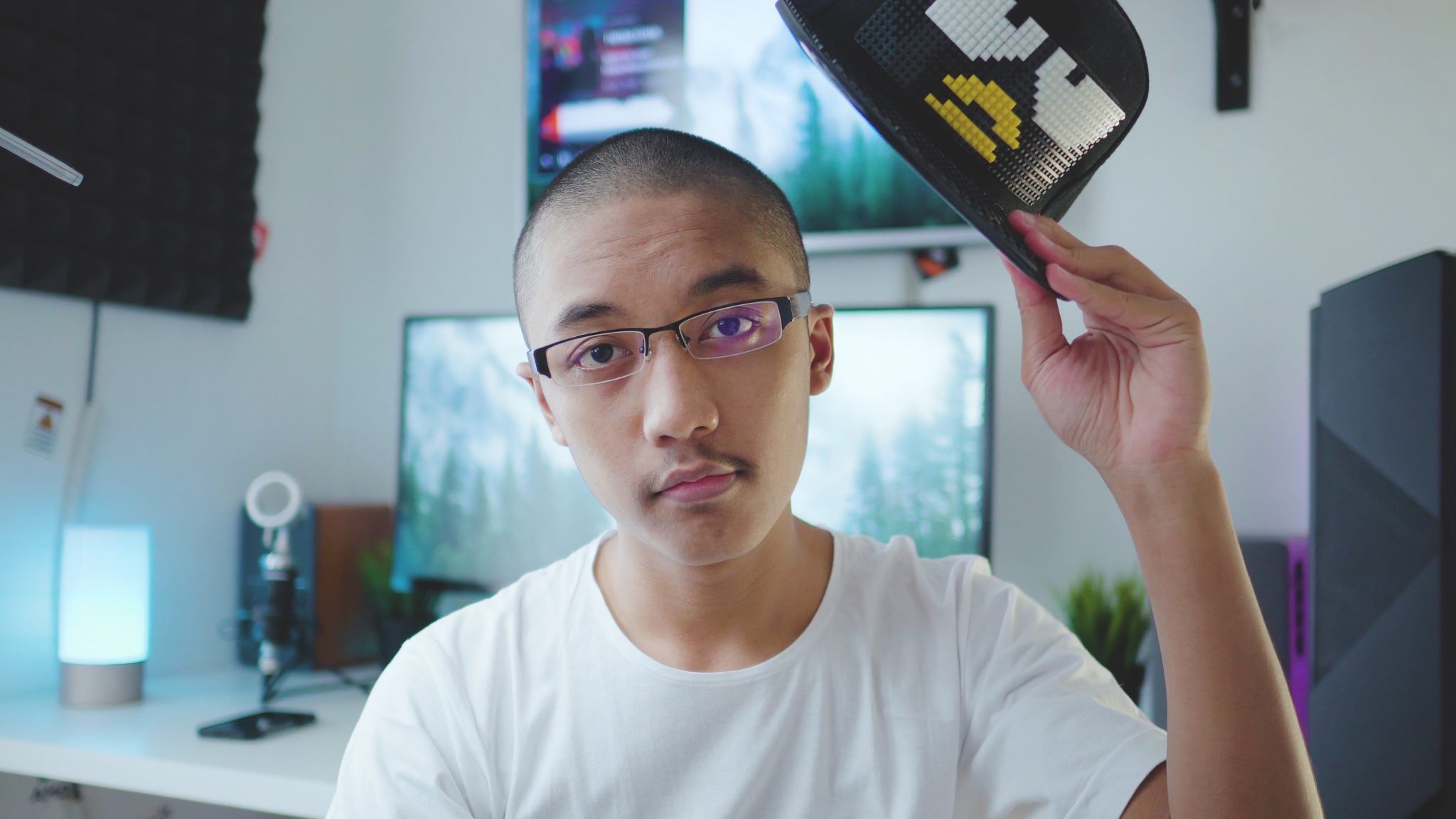The key moment, says Marcella Hansch, was a dive on Cape Verde. Something touched her body and terrified her. However, it was not fish that grazed her, but plastic. Then she noticed that there were more of them around her than fish. From the experience came the idea for a device, says Hansch, who can get plastic from the sea. The idea then concretized her for the final thesis of her architectural studies.
A highway to green
That’s five years ago. Since then a lot has happened. After graduation, Hansch begins to work as an architect. But because she does not get out of her head the plastic problem, she always talks to others about her device. A local newspaper writes about the idea. This in turn sees a company and invites Hansch to a trade fair. At first she is disillusioned when she realizes that the invitation was just a marketing coup.
But then experts and engineers come to her and ask if she ever thought about actually building the device. Two years after she had the idea, she finally went to RWTH Aachen, where she also studied. There she wants to check the feasibility. The university is writing theses on it, and a year later detailed calculations are available. Result: The project is realistic.
Startup funding: How difficult could it be?
However, Hansch quickly encounters difficulties. She needs capital to finance her project, which she calls Pacific Garbage Screening. However, because plastic from the sea to fish does not promise huge profits, the search for investors is difficult. All the startup funding that Hansch looks at focuses on business plan writing to have a return on investment in two years, which does not suit them.
So Hansch gets creative. In order to accept donations, she founds a charitable association with a few supporters. In addition, she can win over the masses: she collects a total of 230,000 euros in June and July 2018 via a crowdfunding project. Donations will soon make her twice as much. “Until last summer we had five thousand euros in the account,” she recalls today.
The money problem is still persecuted by Hansch
“We do not receive any appreciable funding, because we are not a business enterprise. For social or ‘green’ projects, the system does not work well. “That’s why she has now founded a startup. With her own office, she says proudly, after the team around Hansch had previously only worked in co-working spaces and living rooms. Today, 40 people work on the project as volunteers. Since the turn of the year, there are two permanent part-time employees.
Hansch has a plan how to proceed. “First goal is not to really build the giant construct. Instead, we adapt the technology so that it works in a smaller version for estuaries. “That they consider more realistic and faster to implement. On the other hand, it would also be more effective not to let the plastic garbage get into the oceans. But before she can present reliable figures, basic research must be carried out.
Over the next five years, a feasibility study, calculations and model tests will be carried out and a prototype will be developed. For the greater part of the current year, there is enough money, depending of course on the personnel costs. “Everything depends on follow-up financing,” says Hansch. It looks just fine, but she does not want to reveal anything more specific.
But Hansch continues to be creative
Now she’s trying to get even more money from volunteer supporters with sponsored campaigns. Because she also sees environmental education and education as a further focus of her work, Hansch appears more and more frequently at events. Paid engagements would also bring some money, with workshops they even want to build a second leg for their company.
However, the message is even more important to her
“Even better than our development is when the garbage does not even get into the rivers and oceans.” Because she now has a business enterprise, Hansch also wants to apply for subsidies to the EU, together with partners the economic and research area. Two foundations have already been able to win them over as strategic partners.
What she wants to achieve in 20 years? After all, there are a number of rectified projects that ultimately fight for the same funding and investor funds. Not a solution can solve the problem, says Hansch, they all have to work together: “With Pacific Garbage Screening, we focus on small particles below the surface in rivers and estuaries”. Because other projects like Munich’s One Earth One Ocean are located in ports and coastal areas or concentrate international ventures like The Ocean Cleanup on the big garbage islands in the oceans, put everything together well. You know each other, says Hansch, and cooperation is not excluded.

